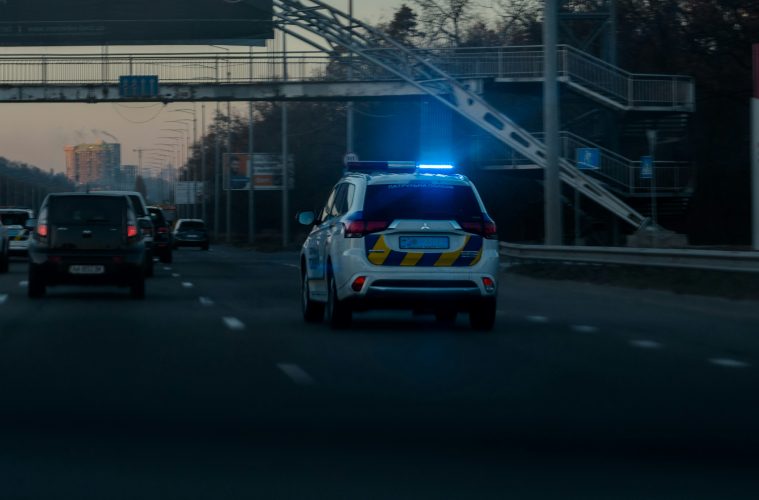If you’ve committed a motoring offence but you weren’t stopped by the police at the time, for example where evidence has been captured by a speed camera, then the police will need to serve the registered keeper of the vehicle with a Notice of Intended Prosecution (NIP) within 14 days. If no NIP arrives at the address of the registered keeper within that time it normally means no action is being taken although some exceptions apply. An NIP will often be accompanied by a requirement to identify the driver at the time of the alleged offence.
An NIP must identify the vehicle alleged to have been involved in an offence, the nature of the alleged offence and the time and location that the offence is alleged to have taken place.
What do I do once I’ve received an NIP/requirement for driver details?
You must try to identify the driver of the vehicle within 28 days – if you leave it any longer you run the risk of being charged with failure to furnish information under s172 Road Traffic Act 1988 which on conviction carries 6 points and a fine of up to £1,000. If you can’t identify the driver you must show that you’ve made your best efforts to do so. Engaging the services of solicitors like motoringoffencelawyers.com can help you to find your way forward.
Do I have to sign my response to the NIP/requirement for driver details?
Yes, you do; the police are entitled to require you to sign your response to the form.
What about my right against self-incrimination?
That ship has well and truly sailed. In a series of cases in the High Court and European Court of Human Rights it has been held that it is not a violation of Human Rights to require information as to the identity of the driver.
What if the details of the car entered on the NIP are wrong?
It depends on the nature of the error on the NIP. If you genuinely do not have any knowledge of the vehicle at the time then it will normally be necessary to respond to the police stating this fact.
If your vehicle has been identified on the notice but you do not believe that the vehicle was at the location at the time specified again it will normally be necessary to reply in those terms. Legal advice is important in these types of situations.
Can I ask for photographic evidence?
The police don’t have to supply you with photographic evidence, but if you ask for it, most forces will give you the evidence. Some forces can let you view the photos online.
What happens once I return the NIP?
Once the driver has been identified by the police, the police must set out their course of action – a training course, a fixed penalty fine or a court summons. The police have six months to start proceedings in Court.
I wasn’t driving the vehicle – what then?
You are legally obliged to tell the prosecution who the driver was at the time of the alleged offence or to provide them with all the information you have about who the driver may have been.
If it was my friend who was driving, should I just pass the NIP onto them?
No, you can’t. The purpose of a requirement for information under s172 Road Traffic Act 1988 is to establish the driver’s identity rather than to prove the offence and it’s your responsibility, as the addressee, to respond and help. If you pass the NIP to someone else, you could be prosecuted for failing to supply information.

